You walk through the door and are immediately greeted by the sharp, lingering smell of cat urine. The scent seems to persist even after you have cleaned the litter box. You may begin to ask yourself why your cat’s urine smells so strong and why the odor refuses to fade.
In this guide, we explain what causes this distinct smell, what it can reveal about your cat’s health, and how to remove it effectively so your home stays fresh and your cat remains comfortable.

Why Does Cat Pee Smell So Bad?
If your litter box smells soon after cleaning, the issue isn’t hygiene—it’s chemistry. Cats produce highly concentrated urine that creates a sharp, lasting odor ordinary cleaners can’t remove.
What Makes Cat Urine So Potent
Cat urine contains urea, ammonia, and uric acid. Uric acid forms crystals that cling to surfaces and release odor when exposed to moisture. Bacteria breaking down urea release ammonia gas, creating that sharp smell.
Cats also secrete a protein called cauxin, which contributes to pheromones but intensifies odor once it breaks down.
Does the Smell Mean Something’s Wrong?
Mild odor is normal, but a sudden or stronger scent can signal health problems such as:
- Dehydration concentrates urine, making the odor more intense
- High-protein diets can increase nitrogen load
- Urinary tract infections (UTIs) often produce an ammonia‐like or foul odor
- Kidney disease, crystals or stones, or metabolic disorders may also alter odor or volume of urine
If your cat strains, urinates outside the box, or appears uncomfortable, contact your vet promptly.
Why the Litter Box Still Smells Bad After Cleaning
When medical issues are ruled out, a lingering odor usually points to poor cleaning habits or a choice of litter.
Common Cleaning Mistakes That Trap Odor
Many people make cleaning errors that, ironically, trap or amplify the odor:
- Only scooping the top layer while ignoring urine buildup at the bottom
- Not fully rinsing the tray or scrubbing residual residue
- Using a closed litter box without ventilation, which traps ammonia
- Letting urine sit for hours before cleaning, allowing bacteria to multiply
How the Type of Litter Affects Odor Control
The choice of litter significantly impacts how well you control the smell:
- Clumping Clay Litter: Clumps quickly to trap urine and control odor. Choose formulas with baking soda or activated charcoal for better absorption.
- Silica Gel or Crystal Litter: Absorbs moisture and locks in smells effectively. Lasts longer than clay but needs full replacement once the crystals are saturated.
- Wood or Paper Litter: Eco-friendly but less absorbent. Urine can seep to the bottom, so change it more often to prevent odor buildup.
How to Neutralize Bad Cat Urine Smell Effectively
Eliminating cat urine odor requires breaking down uric acid crystals, not just masking the smell.
Method 1: Use Enzyme Cleaners to Break Down Uric Acid Molecules
Enzyme cleaners contain natural proteins that convert uric acid into odorless water and carbon dioxide.
-
Blot Up Excess Urine
Immediately use an old towel or paper towels to press and blot up as much of the urine as possible. Do not scrub, as this pushes the urine deeper into the material.
-
Saturate the Area
Pour or generously spray the enzyme cleaner over the affected area, ensuring it penetrates to the full depth of the contamination, for example, deep into the carpet padding or floorboards.
-
Soak and Let Sit
Allow the cleaner to sit for at least 10 to 15 minutes or as directed by the product label, sometimes longer up to several hours, to give the enzymes time to digest the uric acid.
-
Air Dry Naturally
Blot up the excess cleaner with a clean cloth, then allow the area to air dry completely. Avoid using heat sources such as a hairdryer or steam cleaner, as they can set the stain.
-
Repeat If Necessary
For old or particularly strong stains, you may need to repeat the entire process two to three times for complete odor elimination.
Method 2: Upgrade to a Smart Automatic Litter Box
Odor builds up when urine stays too long, so consistency matters. An automatic self-cleaning litter box like the Neakasa M1 detects when your cat leaves and automatically sifts waste into a sealed drawer.
This helps prevent residue buildup, limits bacteria, and reduces ammonia. Most models also include charcoal filters and timed cleaning cycles to keep odors under control — a great choice for busy owners or multi-cat homes.

- No more scooping, hands-free.
- Safe and easy with Open-top design.
- Great for cats up to 33 lbs.
Method 3: Prevent Future Odor Problems
Long-term freshness depends on simple, consistent habits:
- Provide Enough Boxes: Follow the “N+1” rule—one litter box per cat plus one extra—to keep each box cleaner.
- Choose Good Placement: Keep boxes in quiet, ventilated areas away from heat or moisture.
- Add Baking Soda: Sprinkle a thin layer under new litter to absorb odors naturally.
- Encourage Hydration: Use a cat fountain or offer wet food to dilute urine and reduce odor intensity.
When to See a Vet About Strong Urine Odor
If odor persists despite rigorous cleaning or your cat shows signs like:
- Straining to urinate
- Blood in urine
- Frequent or unusual urination
- Loss of appetite, lethargy, or pain
Then the odor may indicate UTIs, kidney disease, feline idiopathic cystitis, or metabolic issues. In these cases, a urine test and veterinary evaluation are essential.
FAQs
Q1: Why does my cat’s pee smell stronger than usual?
A change in diet, dehydration, or a hotter environment can make urine more concentrated and odoriferous.
Q2: Does neutering affect cat urine smell?
Yes. Unneutered males often emit stronger-smelling urine due to hormonal pheromones. After neutering, odor typically reduces.
Q3: How often should I replace litter to control the smell?
A3: Scoop clumps and waste at least twice daily. Perform a full litter change, dump all old litter, wash the box, and add new litter, at least monthly, or more frequently if you use non-clumping litter or have multiple cats.
Q4: Are there medical reasons for unusually strong cat urine?
A4: Yes. Common medical causes include:
- Urinary Tract Infection: Causes a foul or fishy smell.
- Diabetes: Can cause a sweet or fruity smell.
- Kidney Disease: Leads to highly concentrated urine and a stronger ammonia smell.
Q5: What’s the best way to remove cat urine odor from fabrics or carpets?
Use enzyme-based cleaners to break down uric acid molecules deeply. Let them dwell, then air dry. Repeat if necessary. Avoid high-heat drying.
Final Thoughts
A lingering litter box smell does not have to be part of daily life. By understanding what causes it and using the right methods, such as enzyme cleaners that break down uric acid, you can keep odors under control.
If you are often busy, a smart automatic litter box helps by cleaning consistently and quietly. With simple habits like daily scooping, proper ventilation, and keeping your cat hydrated, your home can stay fresh and comfortable for both you and your cat.


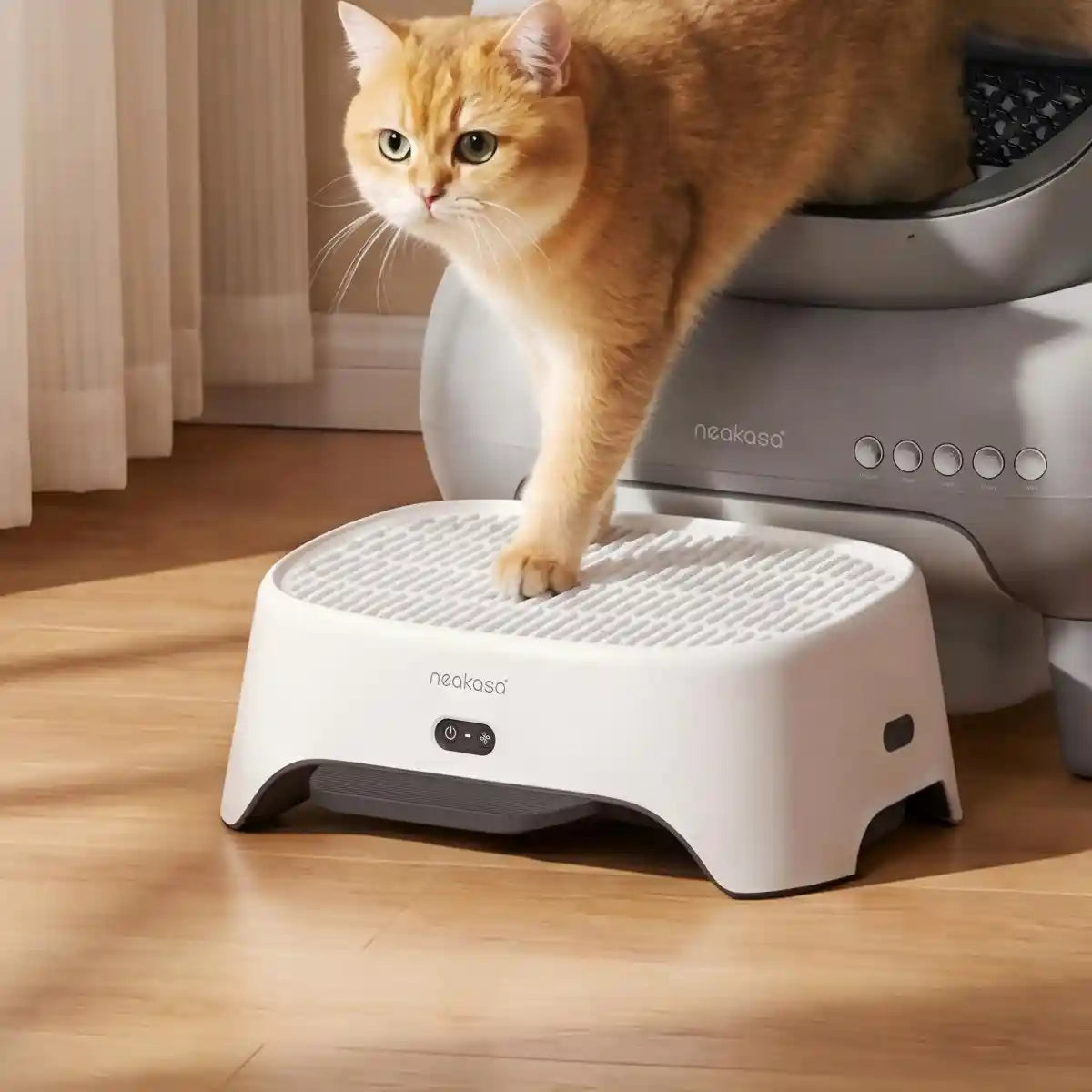
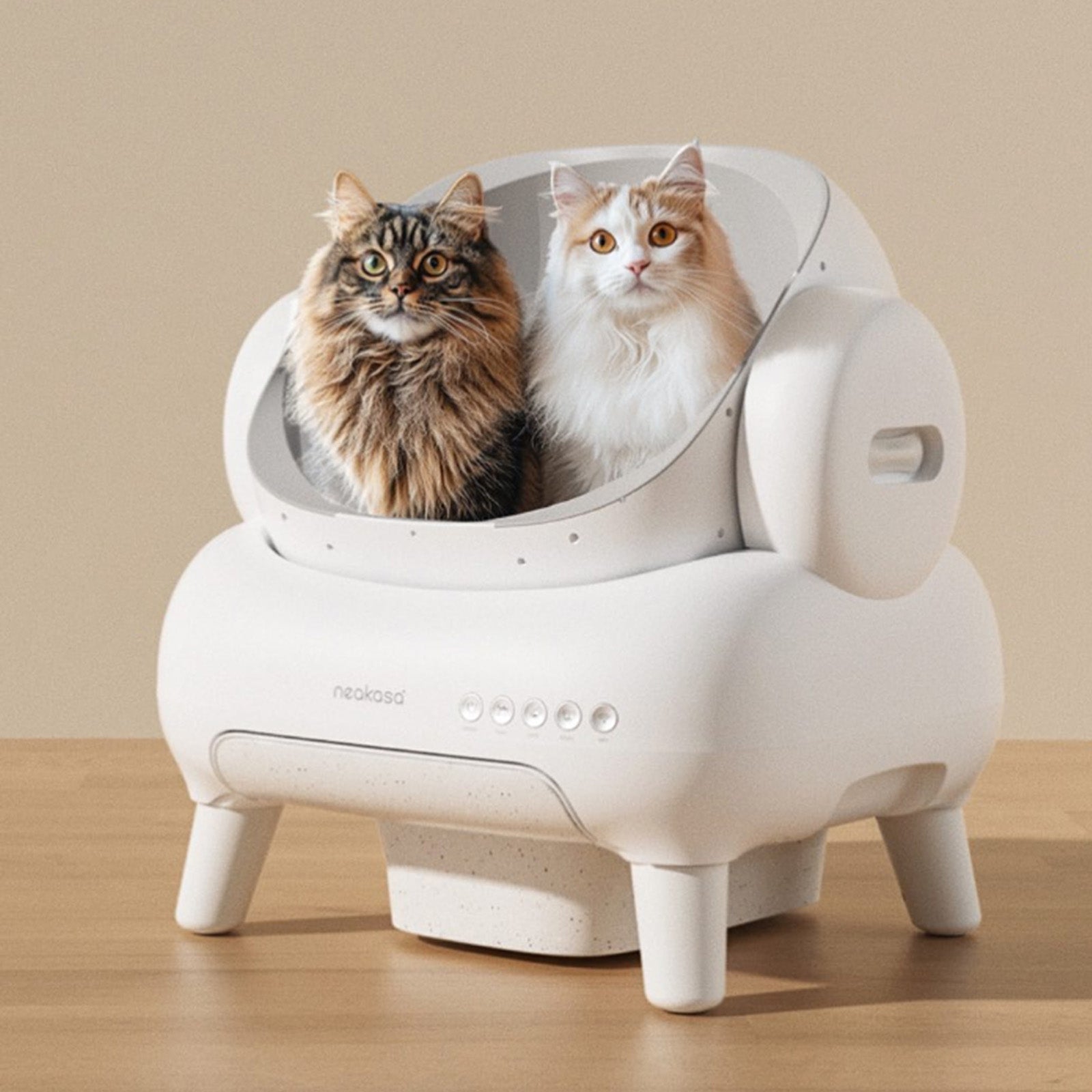
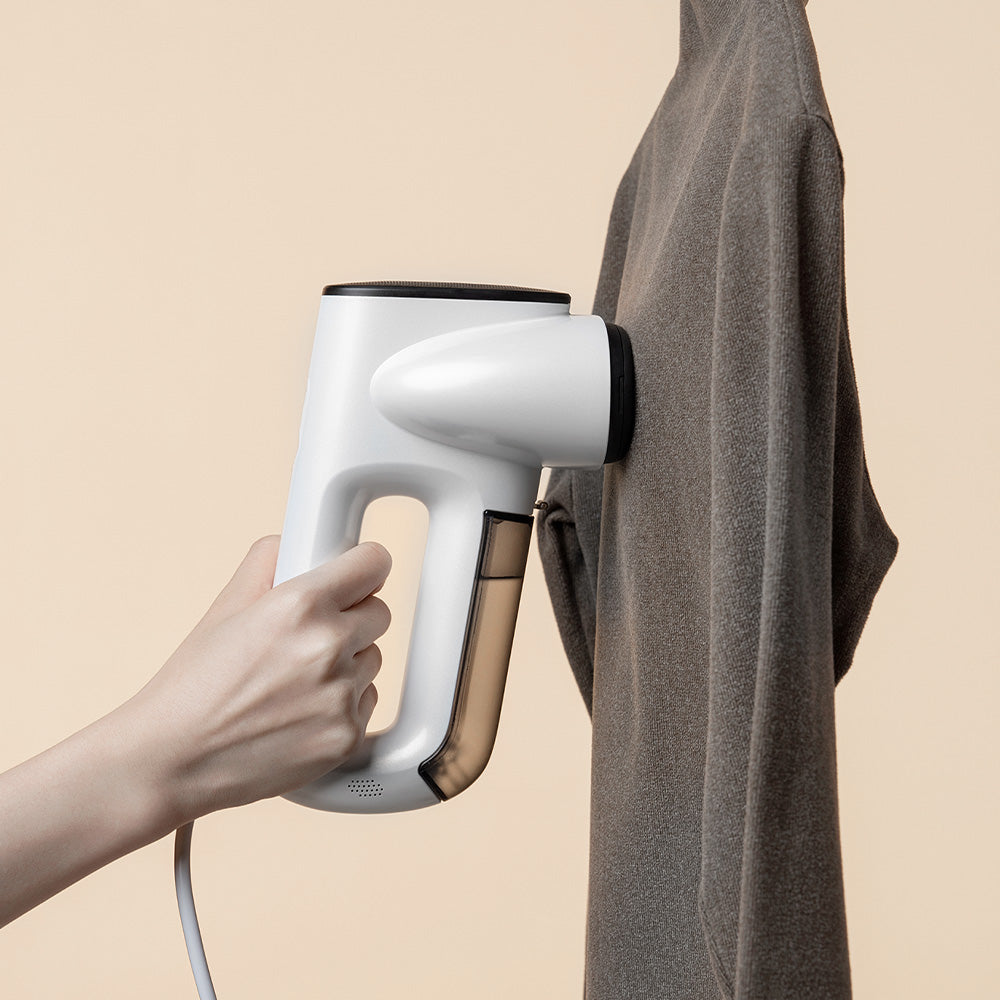
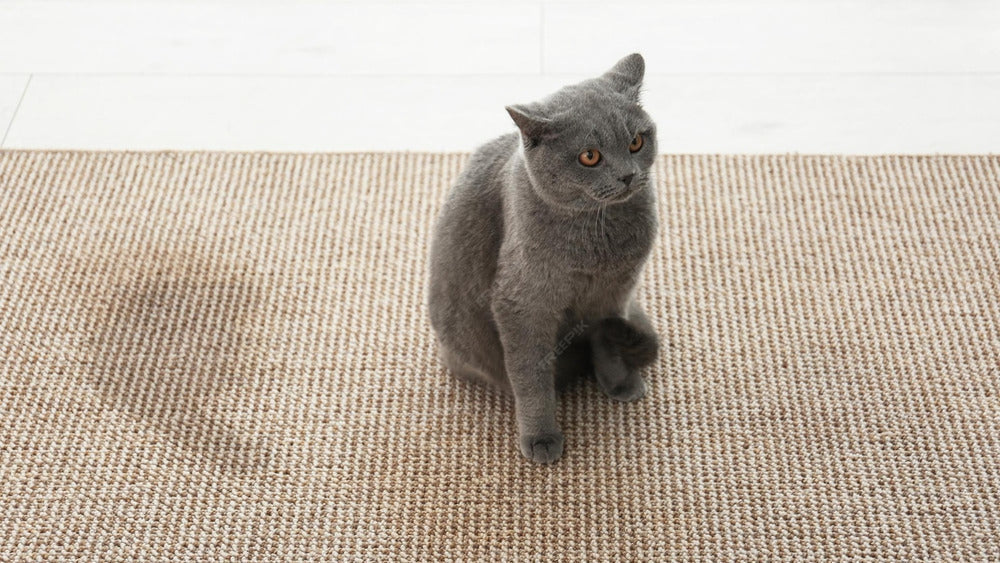
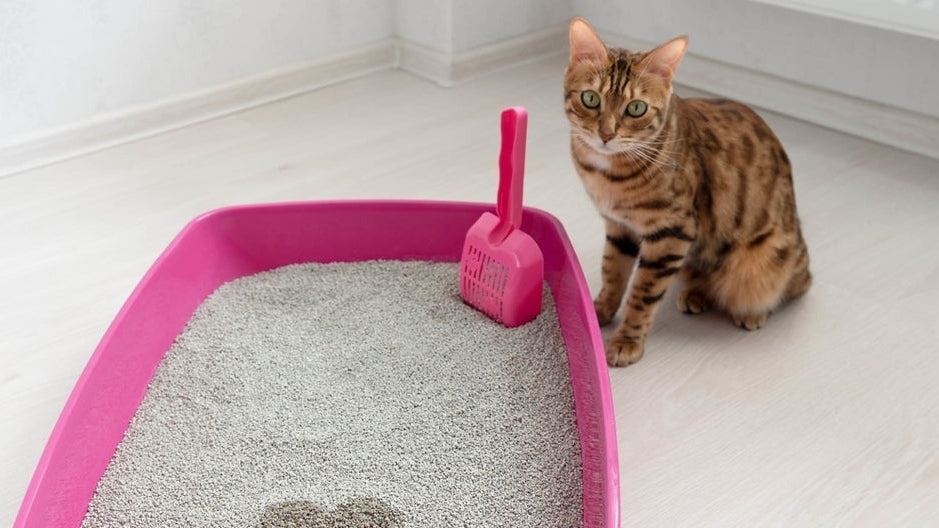

Leave a comment
This site is protected by hCaptcha and the hCaptcha Privacy Policy and Terms of Service apply.